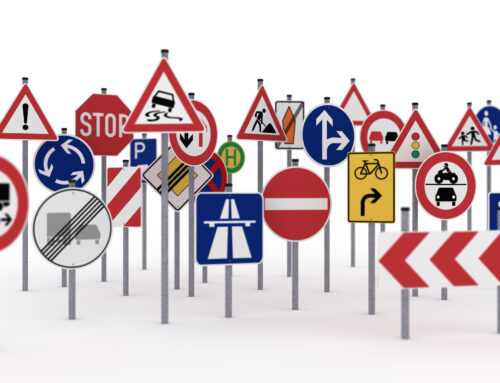We know boredom (idleness) is detrimental to our mental and physical health. But what is the difference between boredom and merely choosing to do nothing or just chill out?
Being bored or idle is defined as feeling energetic but with nowhere to direct your energy. It may occur when you feel uncomfortable dealing with your thoughts or feelings, feeling unsatisfied by an activity, or uninterested in it. Boredom is an emotional and occasionally psychological state experienced when an individual has nothing in particular to do. In other words, without any purpose. Can boredom actually kill us? It is certainly very bad for our mental health, so in a way, maybe it can.
Chilling out is something we do to rest. We usually ‘chill’ in between busy times or jobs we have to do. Therefore, just chilling for a while or on holiday provides us with a break from business, very different from boredom or idleness. Boredom can cause or increase lethargy, weakness, fatigue, decreased motivation resulting in sleep issues, depression, increased stress. We all need a degree of stimulation; physically and or mentally.
How to Alleviate Boredom:
The way to alleviate boredom is to do something, preferably, something with a purpose. There are many apparent reasons why people engage in an activity or doing something. To earn money, to become famous, make their home or environment more comfortable or to advance science. These are just some. Research shows people fear boredom and idleness, yet we need a reason to be busy. The interesting thing is people often choose to be idle and that even baseless reasoning can motivate people to be busy, thereby alleviating boredom. Research shows that people who are busy and active are happier than idle people; this is true even if people are forced to be busy1. Research suggests that many purported goals that people pursue may be merely justifications to keep themselves busy. The idea that people desire justification for busyness is rooted in the general finding that people are rational animals and seek to base their decisions on reasons. We also find it silly to exert effort without purpose.

Boredom and idleness are potentially malignant. If idle people remain bored and idle, they are miserable. If idle people become busy, they will be happier. Busyness can be either constructive or destructive. Then we have futile busyness, busyness serving no purpose other than to prevent idleness. Most people will not voluntarily choose futile busyness but undertake it to avoid idleness.
Most people today no longer expend much energy on basic survival needs, so they have excessive energy, which they like to release through action. Yet the long-formed tendency to conserve energy lingers, making people wary of expending effort without purpose.
Find a Purpose:
The answer, therefore, is to find a purpose, to do something to fill our time. There are so many ways we can take steps to prohibit boredom and idleness.
- Volunteer at a school, hospital or charity group
- Check up and assist elderly neighbours
- Start some education or study on a subject you are passionate about
- Join meetup groups or groups of like-minded people
- Participate in a sporting activity or team
- Get your home in order – clean, tidy, organise
- Read, learn, do
- Donate your time to care for animals or the environment
- Start an activity you are passionate about
- Take positive steps to move up the career ladder
There are so many ways to alleviate boredom and idleness. Taking some positive steps will help with your physical and mental health. Humans are designed to be active in both body and mind; it’s a wonderful balance. When we feel we have a purpose, life is happier, fuller and most undoubtedly enjoyable.
Read more from Dr Karen






